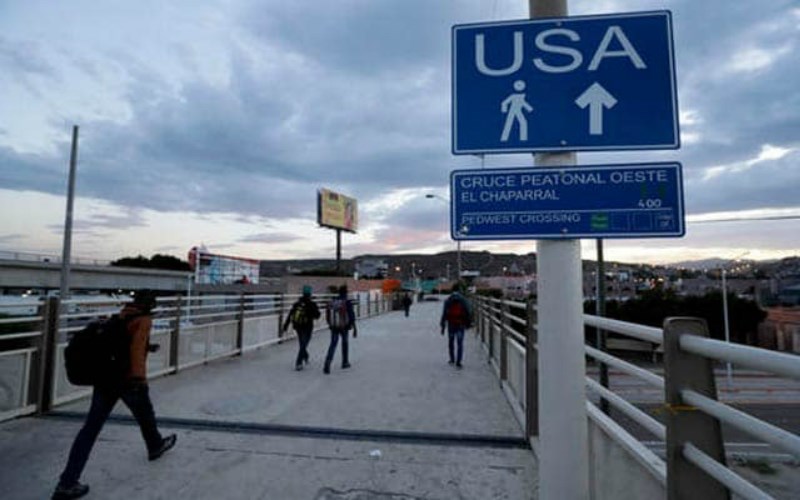After experiencing unexpected hard times in Chicago, Venezuelans are seeking to return to their homeland rather than sleep in tents on city sidewalks in a city called the “Windy City” for a reason.
One family interviewed by The Chicago Tribune said they have requested tickets to return home.
“The American dream doesn’t exist anymore," a father and husband, Michael Castejon, said. "There’s nothing here for us."
In the Tribune story, some asylum seekers said they had been wrongfully assured their asylum request would be granted quickly and then they could get a work permit to find a job.
Approximately 20,000 illegal aliens have arrived in Chicago since August of 2022.
Ira Mehlman, of the Federation for American Immigration Reform, tells AFN he noticed one telling fact about illegals vowing to leave the U.S. and return to their homeland.
“People who claim asylum should be able to make a case that they are in fear of their lives if they return to their home countries,” he says. “If you're voluntarily returning, then you weren't really in fear.”
Illegal immigrants are designated as “asylum seekers” by the U.S. government because many know to request asylum in the United States when they set foot in a port of entry, such as an official border crossing, or if they encounter a Border Patrol agent in the desert. Because an asylum claim means a person fears physical harm in their homeland, their request allows them to remain in the U.S. while an application to remain in the U.S. works its way through a slow, bureaucratic process.

Under the Biden administration, about 60% of asylum seekers are denied their request to remain in the U.S., which is down from approximately 70% under President Trump. Those granted an asylum claim are designated a refugee under U.S. law.
It is well known that illegal aliens are abusing the asylum program, when they have no legitimate claim that meets the definition of refugee, Mehlman says, and the fact people are returning home points out that reality.
“We already knew this,” he says, “but this is another indication that the asylum system is being abused, that it is a magnet for economic migrants, and that it needs to be addressed."







